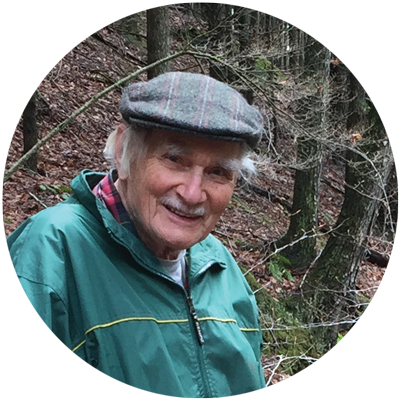Home > Climate News >
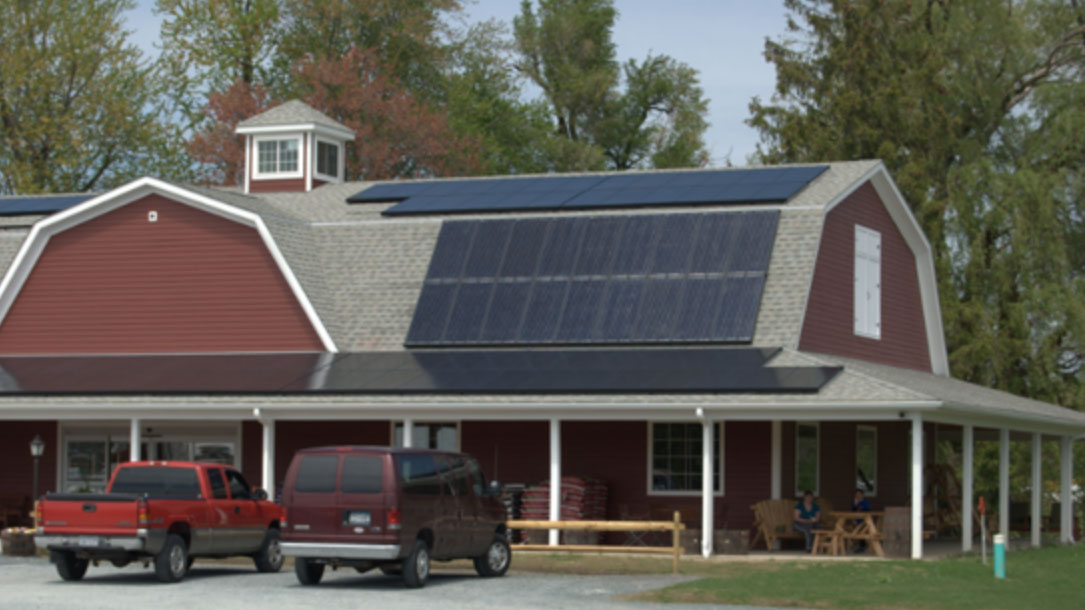
How the fossil fuel industry got the media to think climate change was debatable
Learning about how deception and false equivalence is an ongoing strategy is important for your work in conservation, as well as in understanding climate change communications. This is a thoughtful article that has concepts transferable to many strategies involving the power of doubt…
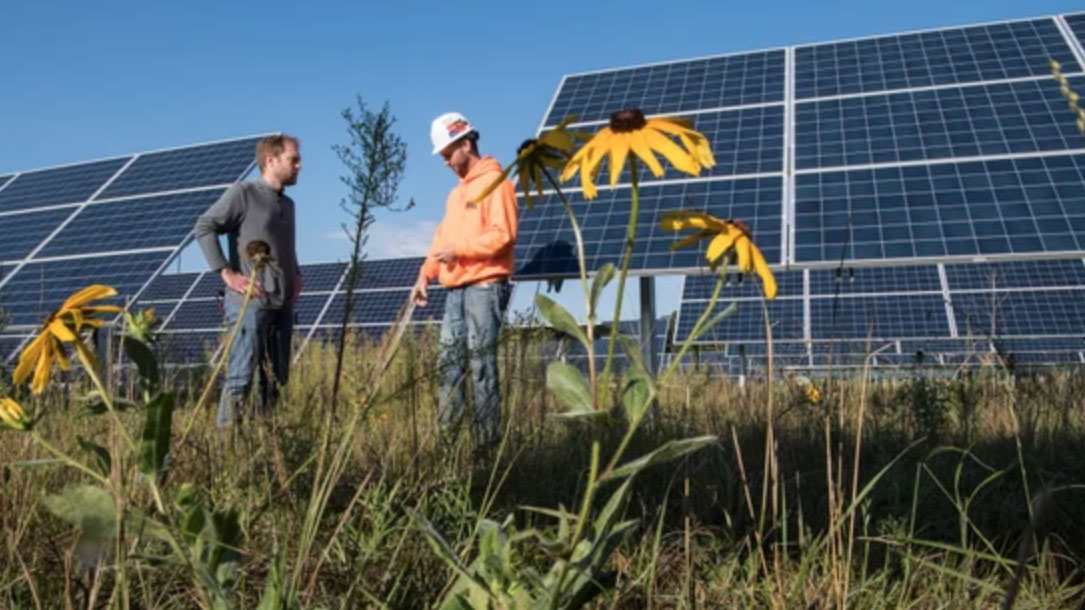
Solar farms shine a ray of hope on bees and butterflies
The tidy rows of gleaming solar panels at Pine Gate Renewables facility in southwestern Oregon originally sat amidst the squat grasses of a former cattle pasture. But in 2017 the company started sowing the 41-acre site with a colorful riot of native wildflowers.
The shift was not merely aesthetic; similar projects at a growing number of solar farms around the country aim to help reverse the worrying declines in bees, butterflies, and other key pollinating species observed in recent years…

“Have we passed the climate change tipping point?”
Part of a successful strategy involves helping people understand how climate change impacts their region as well as the larger picture. Articles with visuals are helpful because people remember images more than facts. Just make sure you include a few tips on what they can do (composting to produce methane gas is a good one; supporting a community’s shift to renewables is another).
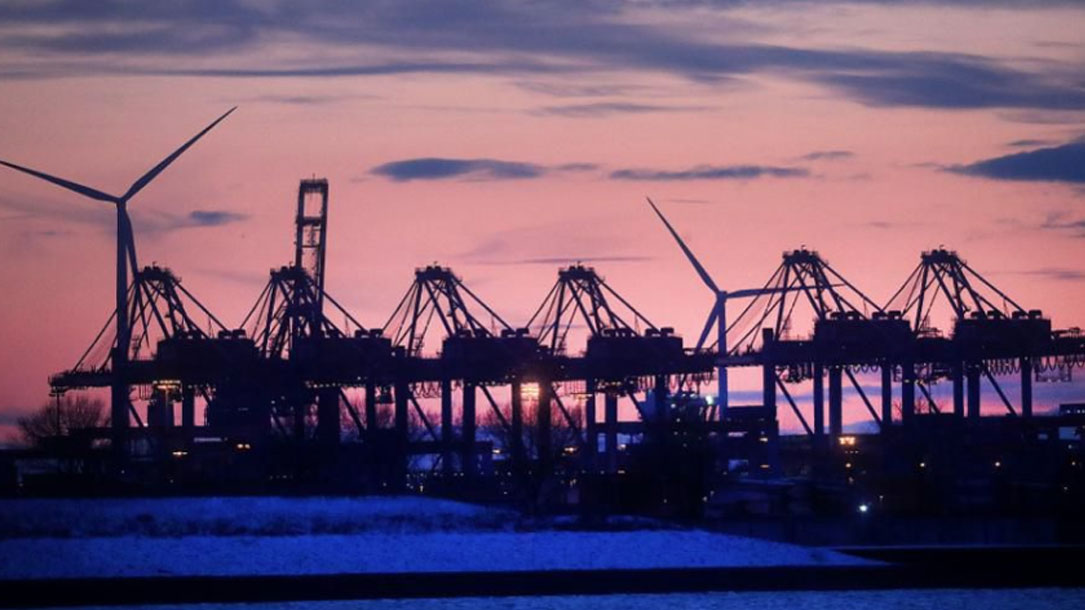
Renewables investment nudges out fossil fuel and nuclear
“The global clean energy transition is gaining pace as it becomes a mainstream investment option. According to the latest research from CERES on progress to a ‘Clean Trillion’ it is also one that far outstripped fossil fuels and nuclear in 2017.
In 2017 the clean energy industry reached a critical turning point. Growth and cost reductions across the sector have far outperformed expectations based on policy frameworks alone. Dramatic reductions in cost, increases in scale, and technology improvements have fundamentally changed the dynamics of the clean energy market. Energy market dynamics have shifted in favor of clean energy technologies such as wind and solar, which increasingly out-compete new fossil fuel and nuclear power sources…”
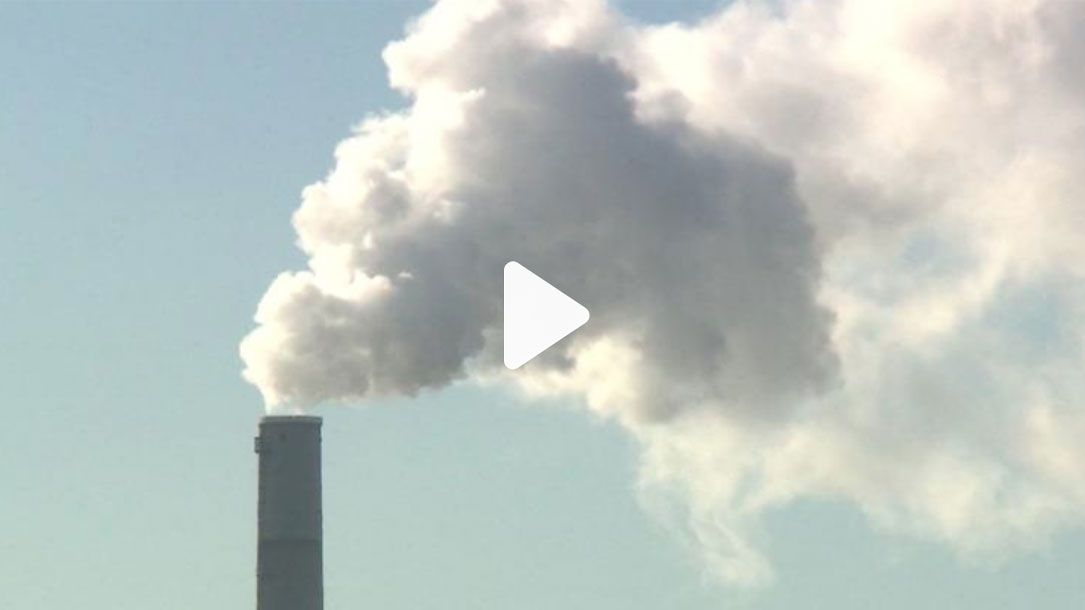
Planet has only until 2030 to stem catastrophic climate change, experts warn
“Governments around the world must take “rapid, far-reaching and unprecedented changes in all aspects of society” to avoid disastrous levels of global warming, says a stark new report from the global scientific authority on climate change.
The report issued Monday by the UN Intergovernmental Panel on Climate Change (IPCC), says the planet will reach the crucial threshold of 1.5 degrees Celsius (2.7 degrees Fahrenheit) above pre-industrial levels by as early as 2030, precipitating the risk of extreme drought, wildfires, floods and food shortages for hundreds of millions of people…”

Vijay Gupta: The violinist for LA’s skid row wins a MacArthur ‘genius’ grant
Thinking differently about how music can change lives isn’t that different from thinking differently about how land and water can change lives. You don’t have to be genius. But you probably will need to think outside the box and in a paradigm that puts others first.
Check out this inspirational story of someone who uses music to do what others never would have done. How can you take this approach with conservation, community, and climate change?
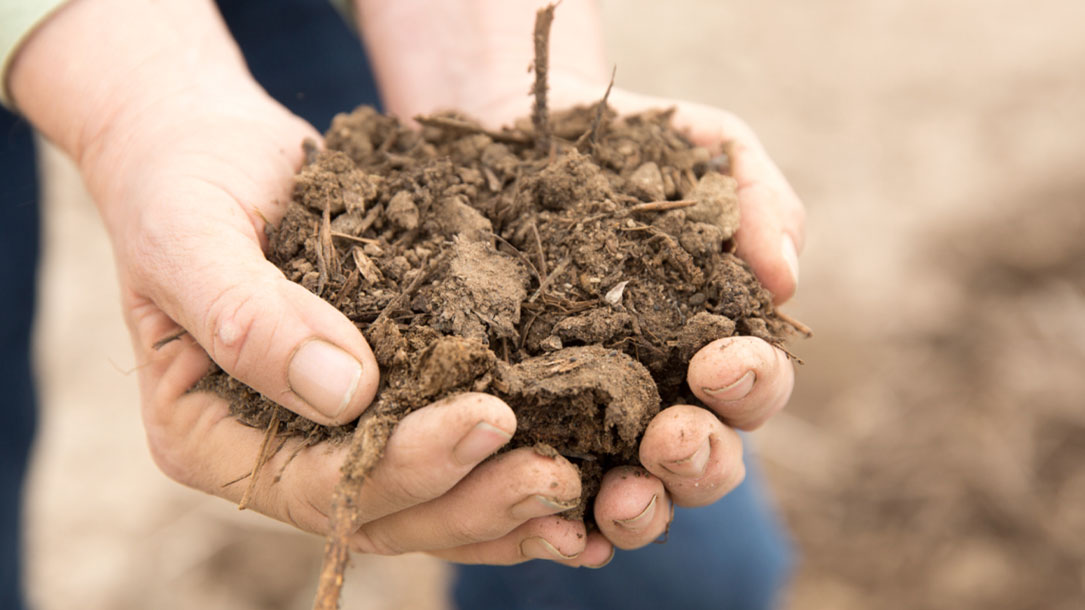
Carbon farming works. What is it? Can your land trust promote it?
Farming and ranching can help slow down climate change – but it will take significant changes for many to make that happen.
The first step is to understand what carbon farming is. The second step is to make it happen…

It’s a great year for monarch butterflies. Climate change means it won’t last.
What if your local land trust took 1/3 of the time it spent on land restoration (like planting milkweed) and applied that to partnerships and growing awareness to slow climate change down?
Many land trusts focus on land restoration as part of their pledge to conserve land for generations to come. With climate change – and the closing window for making a difference to the species you care about – your land trust may want to consider taking some of that time and moving it to community education and/or climate policy work.
Why? Butterflies are a good example of what is to come. “We may never see a [Monarch] population this big ever again,” Chip Taylor, professor of Ecology and Evolutionary Biology at the University of Kansas, said. “The fate of this butterfly does not look bright…”
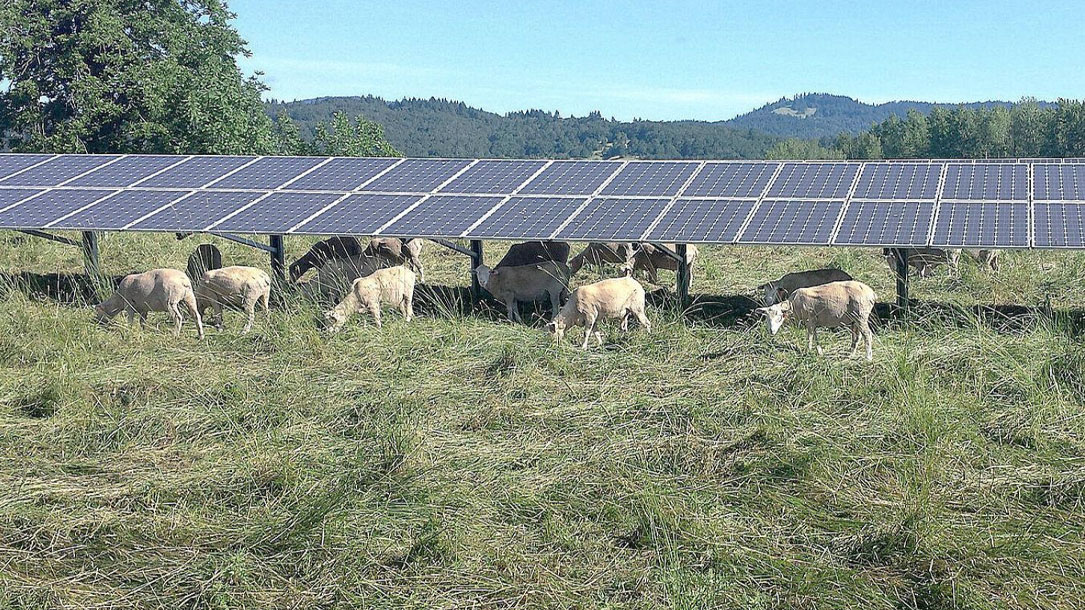
Study shows crops, forage may benefit from solar panel shade
An accidental discovery at Oregon State University may reveal how solar panels can help grow healthier crops on dryland farms.
Not only can solar power lower energy bills and increase efficiency, but the shade afforded by photovoltaic panels might also boost agricultural production on non-irrigated farmland, retaining more moisture for crops and livestock forage…
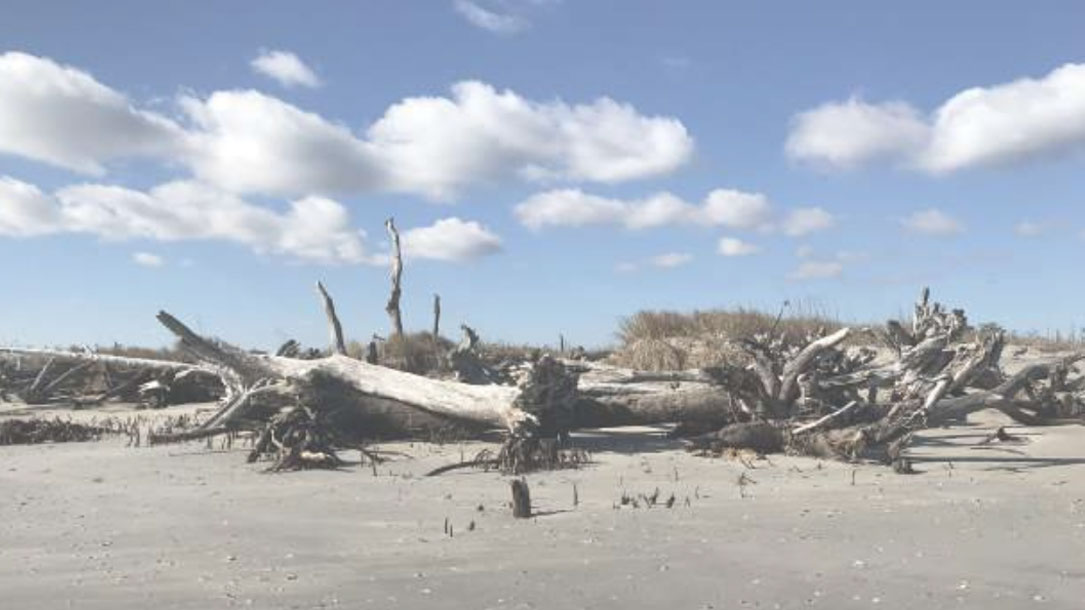
How will climate change impact coastal communities? Native plants out of control
‘”This shrub has always been here, it’s a native species. But it has just taken over,” said Julie Zinnert, Ph.D., an assistant professor in the Department of Biology in the College of Humanities and Sciences, on a recent visit to Hog Island. “If you look over this way, that’s all shrub. It’s a wall of shrub, just ginormous thickets. And that’s because of climate change…”‘



